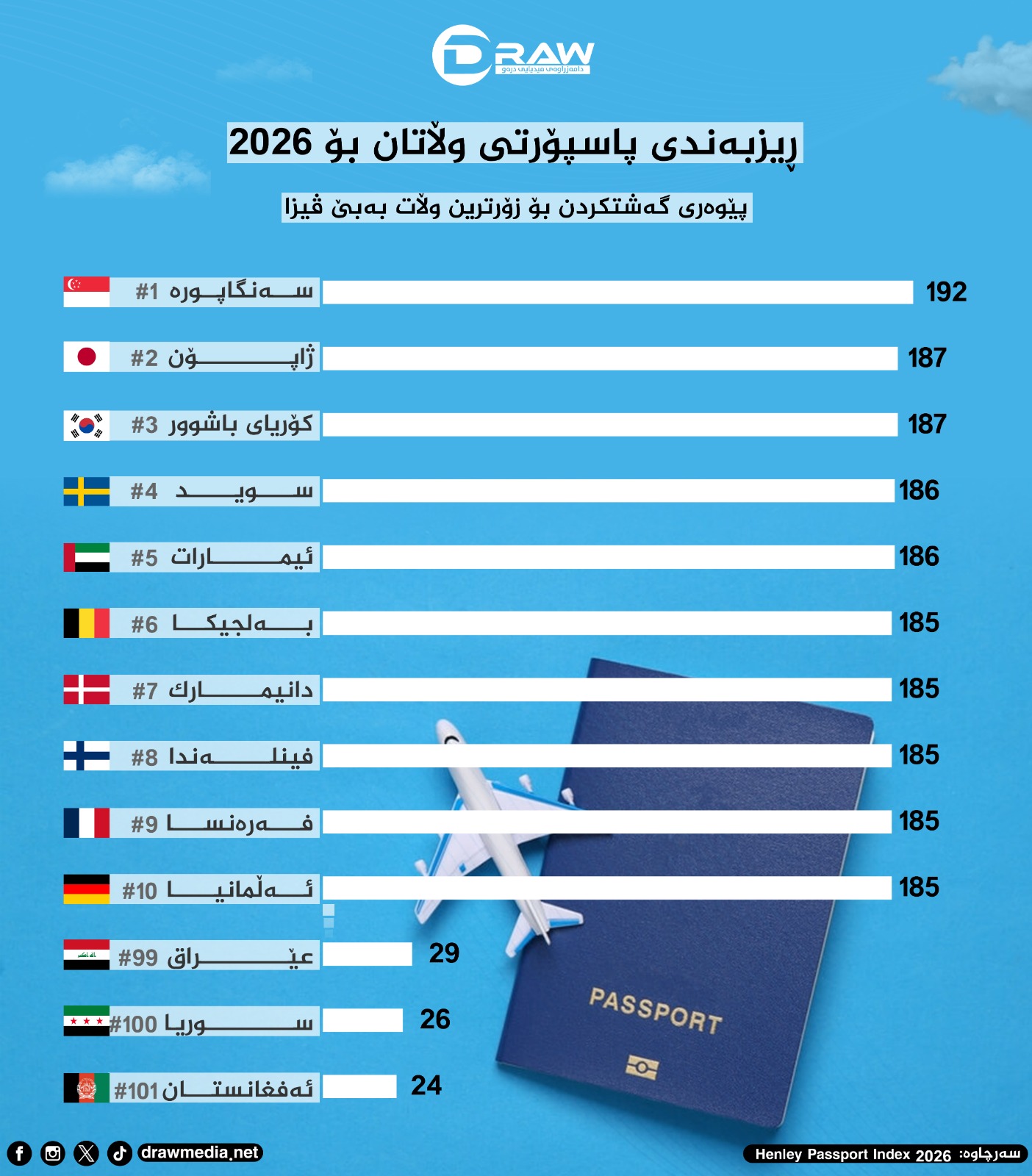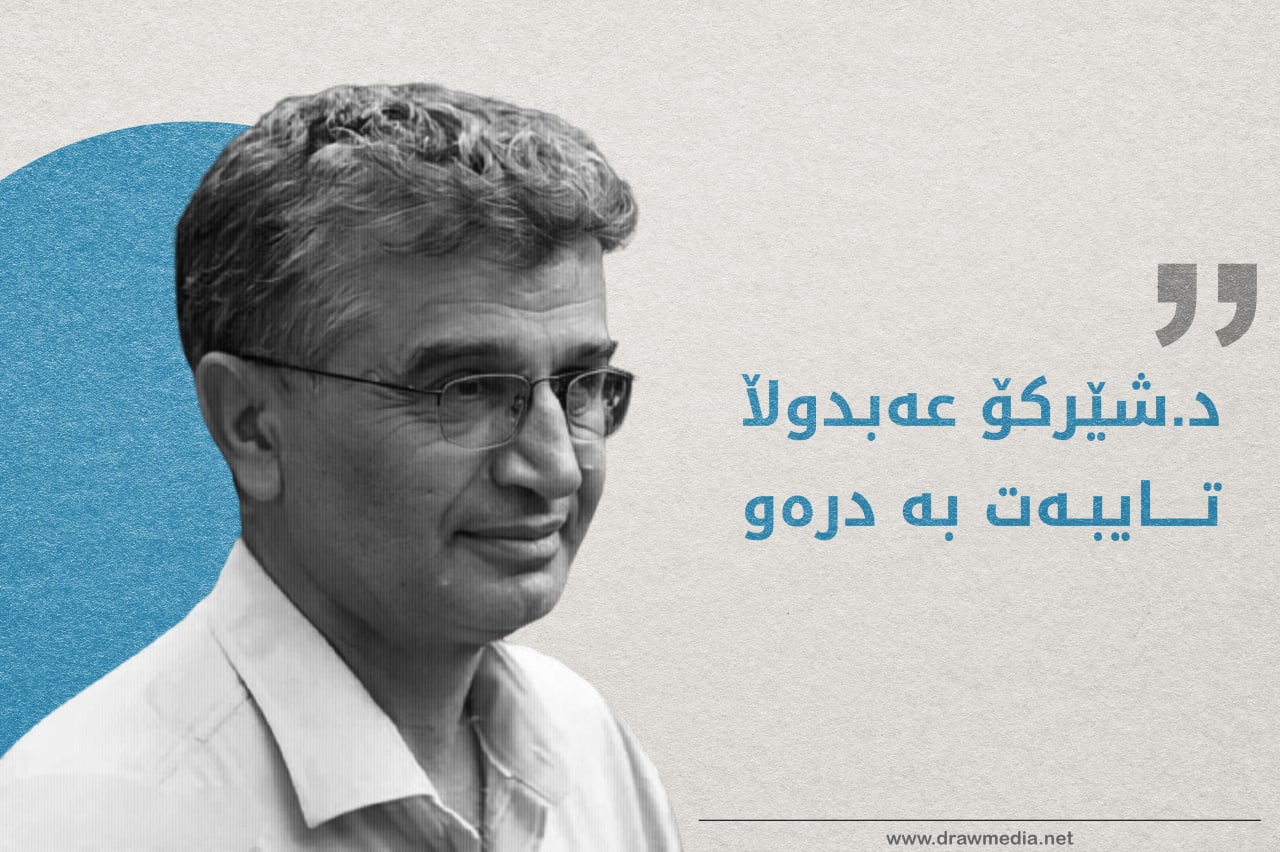The Complex Dynamics of the Syrian Conflict: Israel’s Strategic Goals in Syria
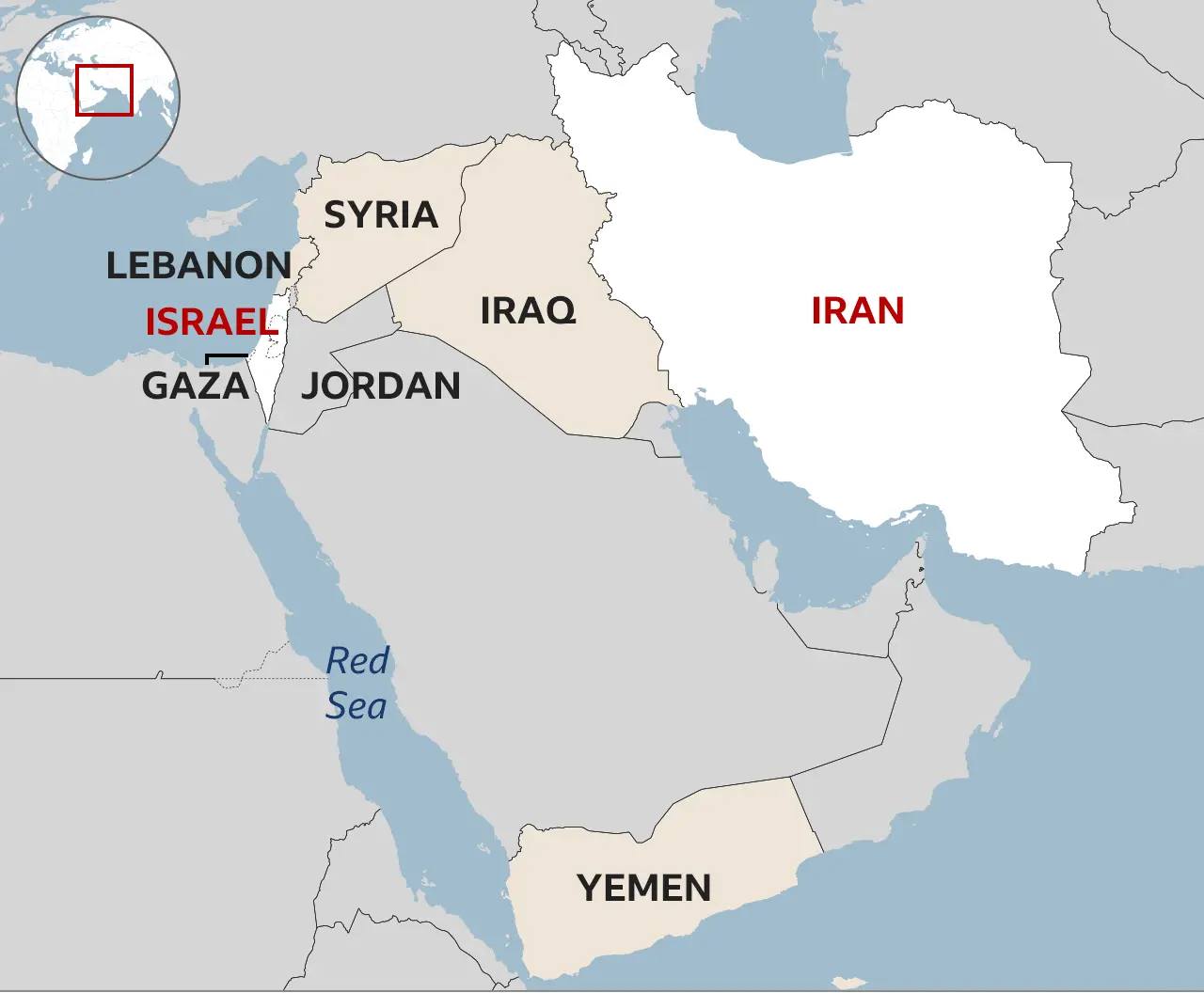
2024-12-14 20:29:43
Dr Rebwar Fatah
Israel's strategy in Syria is multifaceted, focusing on several key objectives to ensure its national security and regional stability. Here are the main components:
Preventing the Transfer of Advanced Weapons Israel has conducted numerous airstrikes targeting Syrian military infrastructure, including airbases, weapons stockpiles, and naval assets. The goal is to prevent advanced weaponry, such as missiles and chemical weapons, from falling into the hands of hostile groups like Hezbollah, Turkey and Qatar-backed groups, and other extremist factions. Since the fall of Assad, Israel has conducted over 300 airstrikes on Syria. These strikes have targeted critical military infrastructure, including air defence systems, missile depots, and chemical weapons sites. The Israeli military estimates that it has destroyed around 70-80% of the former Assad regime's strategic military capabilities.
Establishing a Buffer Zone Israel has moved to establish a "sterile defence zone" in southern Syria, particularly near the Golan Heights. This zone aims to prevent the establishment and organization of insurgent groups close to its borders. The buffer zone is intended to create a security barrier without a permanent Israeli presence, ensuring that threats are kept at a distance. Israel has recently seized control of a 155-square-mile (400-square-kilometer) demilitarized buffer zone in the Golan Heights, which was established by a 1974 ceasefire agreement with Syria. This move was described as temporary and aimed at securing its border amid the collapse of the Assad regime.
Given Israel's historical expansion policies and recent actions, it seems unlikely that they will withdraw from the buffer zone anytime soon. Israel has been expanding settlements and increasing its control in the region, which suggests a long-term strategy rather than a temporary measure.
Countering Iranian Influence Before the ousting of the Assad regime, Israel was very active in countering Iranian influence in Syria, conducting numerous airstrikes targeting Iranian military sites and proxies. This strategy aimed to limit Iran's operational capabilities and prevent it from establishing a permanent foothold near Israel's borders. However, the power vacuum left by the ousting of the Assad regime has led to increased instability. Fundamentalist groups, including remnants of ISIS, have been moving closer to the Israeli border, raising concerns about potential threats to Israel's security.
Supporting Reliable Partners Israel's actions indirectly support groups like the Syrian Democratic Forces (SDF), which are seen as more reliable and secular compared to Islamist factions supported by Turkey and Qatar. By weakening groups like the Syrian National Army (SNA) and Hayat Tahrir al-Sham (HTS), Israel aims to bolster the SDF's position and ensure a more stable and secular governance structure in the region. This is not solely to support the Kurds, but to build a more reliable partner in future Syria.
Israel's support for the Kurds has historically been driven by strategic interests rather than a genuine desire to establish a Kurdish-led state. Israel has maintained informal relations with the Kurdish people, recognizing their struggle for self-determination and using this relationship to counterbalance regional adversaries like Iran and Turkey.
Maintaining Regional Stability Israel's overarching goal is to maintain regional stability and prevent the rise of extremist groups that could threaten its security. This involves a combination of military actions, diplomatic efforts, and strategic alliances to shape the future political landscape of Syria in a way that aligns with its security interests.
Conclusion Israel's strategy in Syria is complex and involves balancing various regional dynamics to ensure its national security and promote stability in the region. By targeting advanced weaponry, establishing buffer zones, countering Iranian influence, supporting reliable partners, and maintaining regional stability, Israel aims to secure a safer and more stable future both for itself and the broader region.







.png)
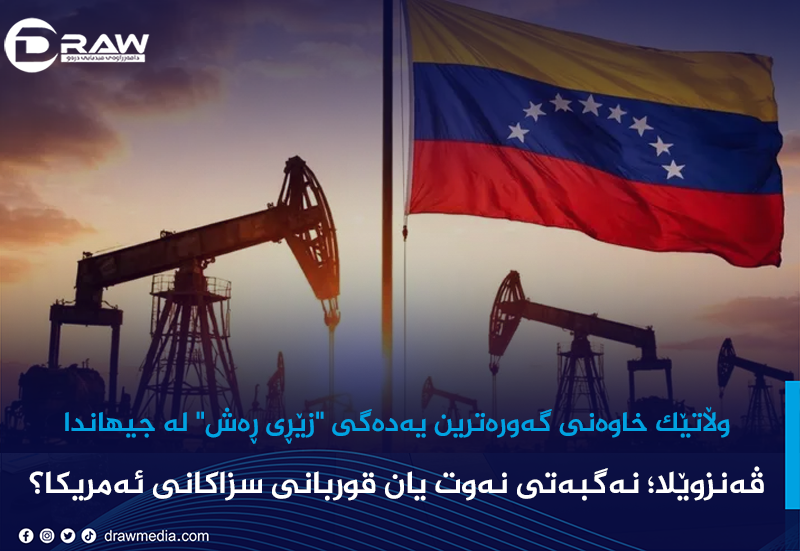
.png)
.png)
.png)
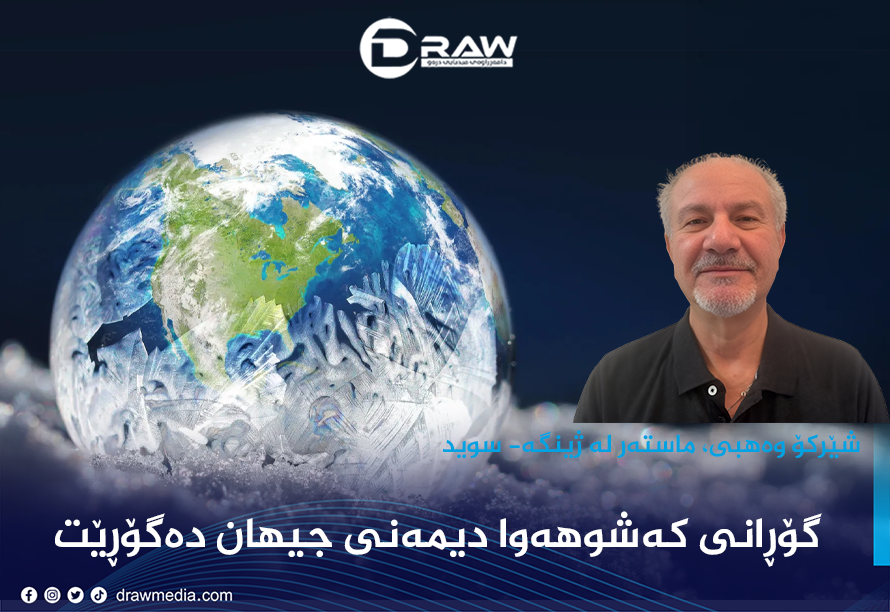

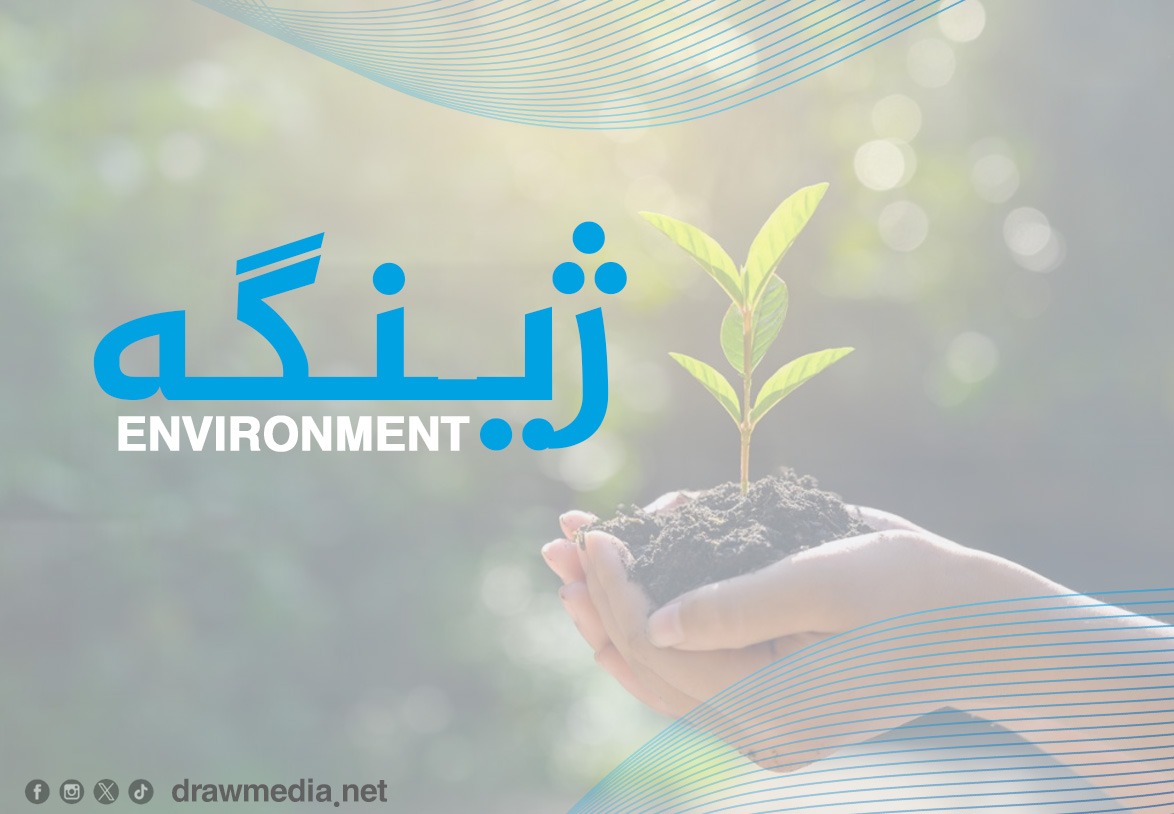
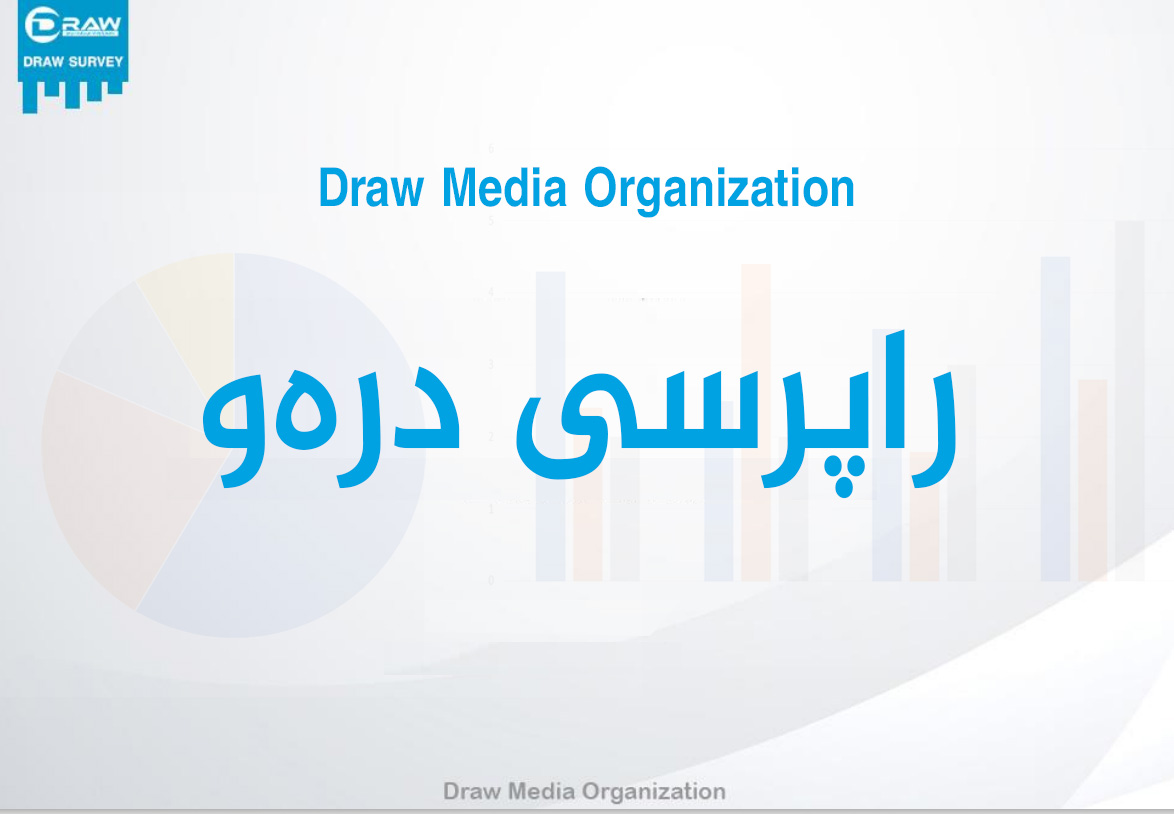


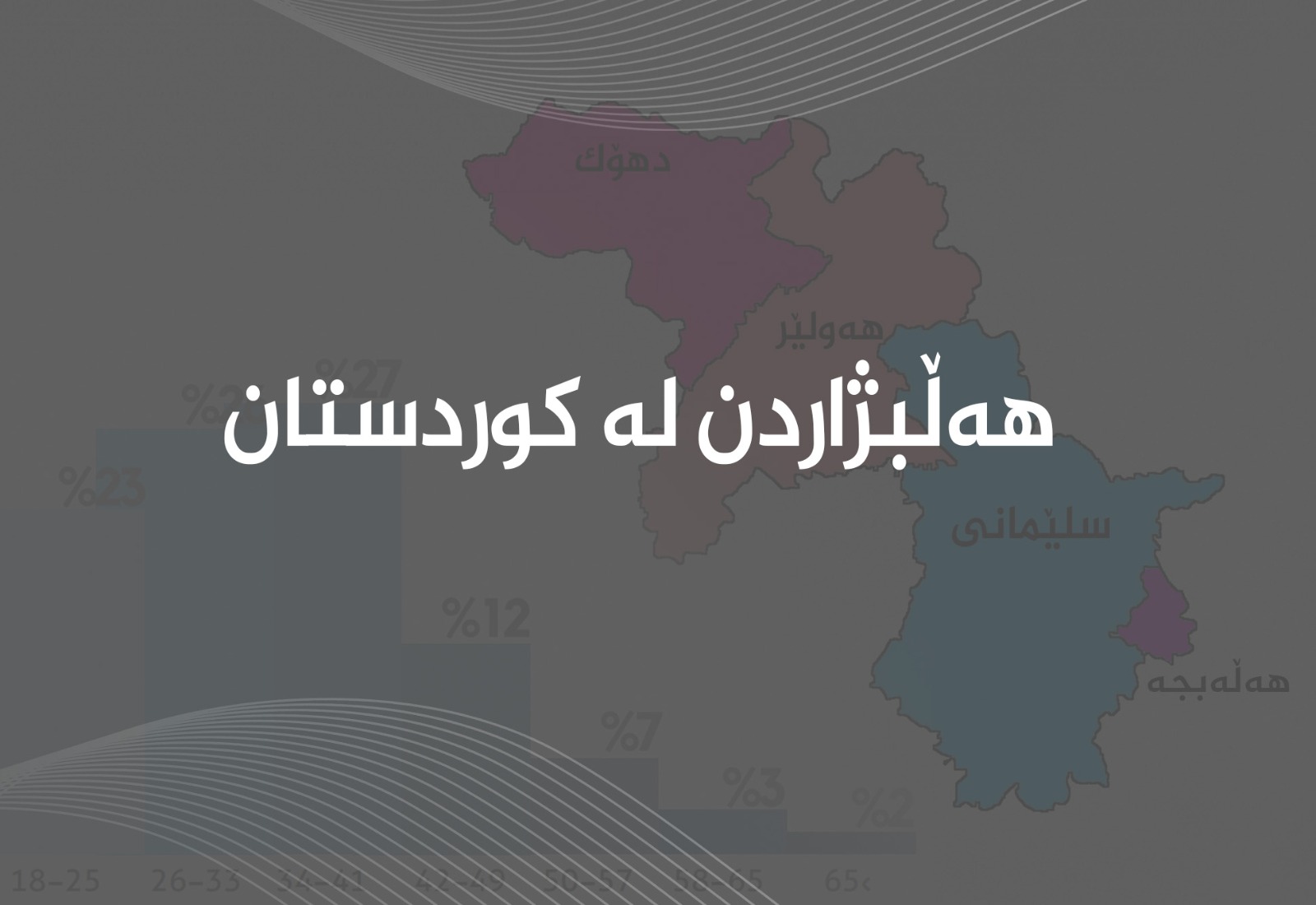
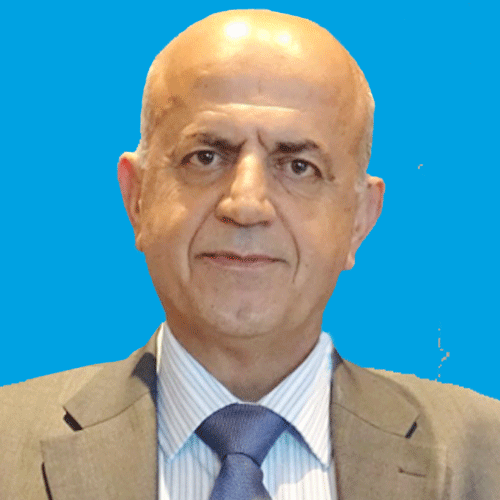
.png)
.png)
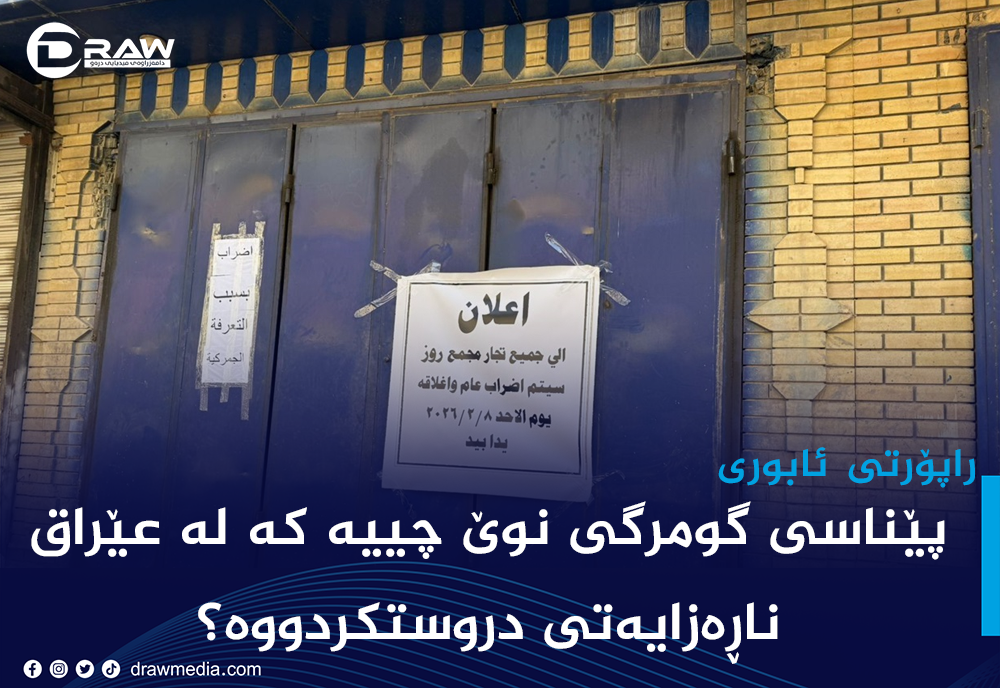
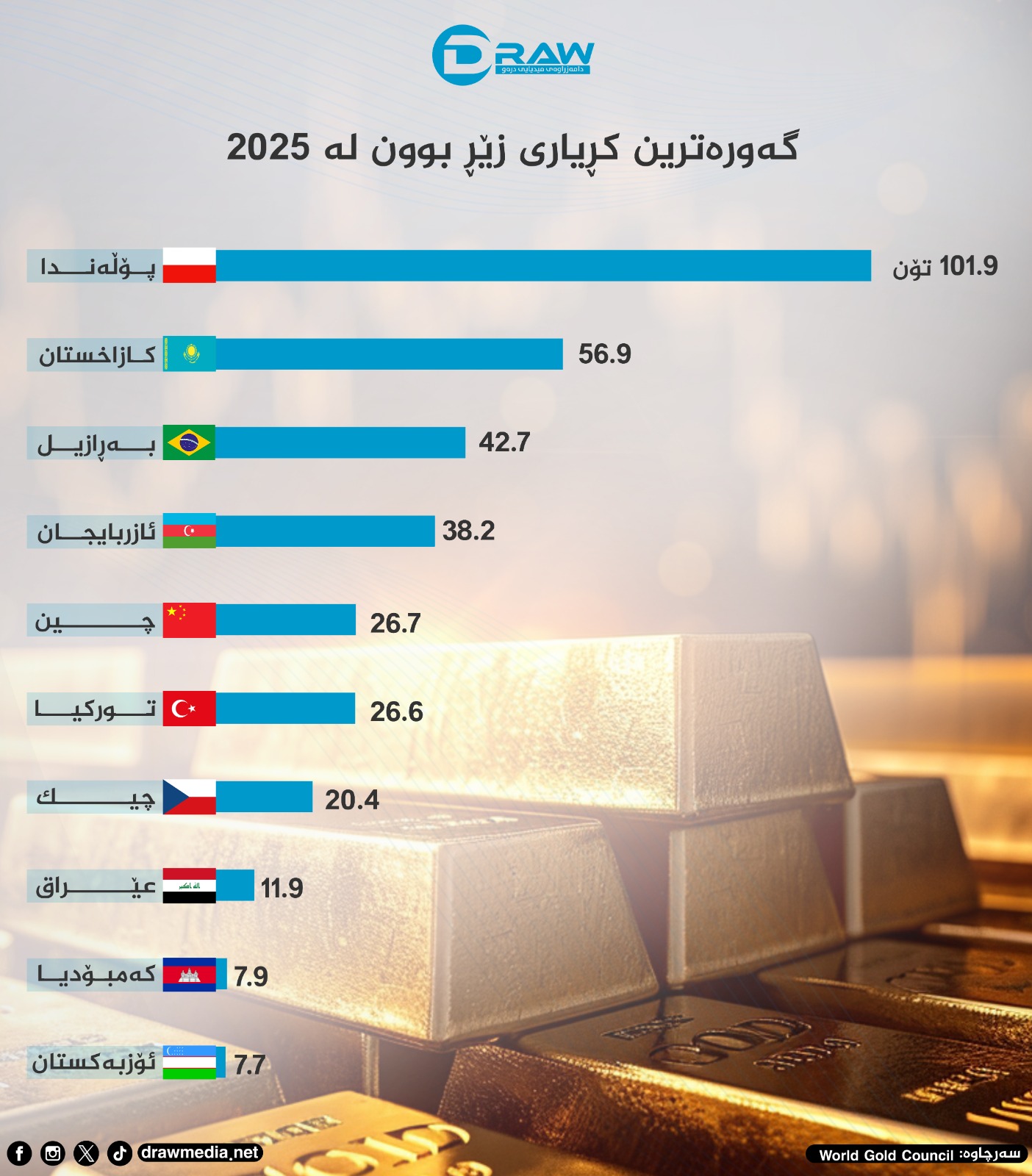
.png)
